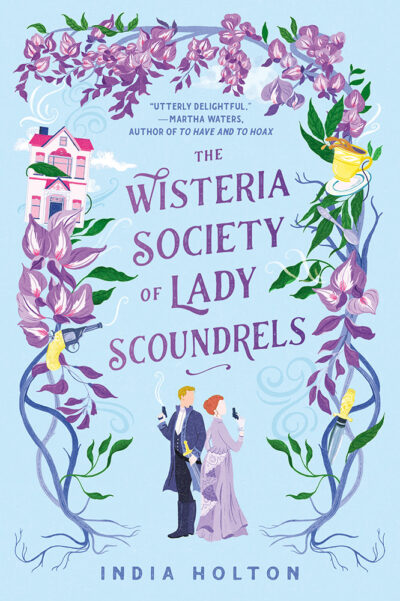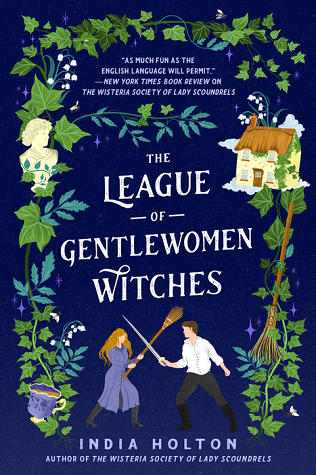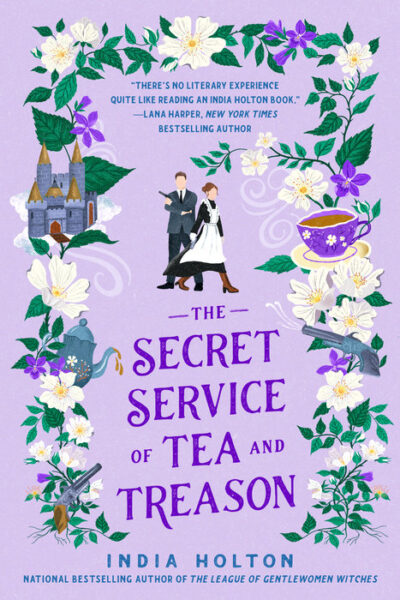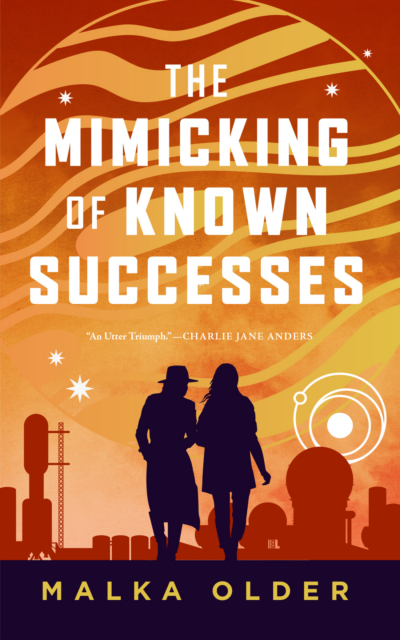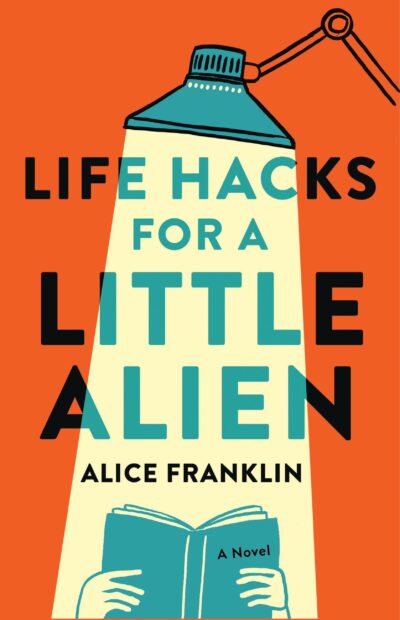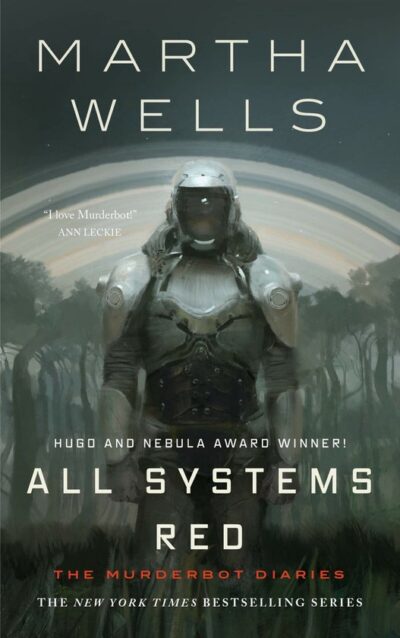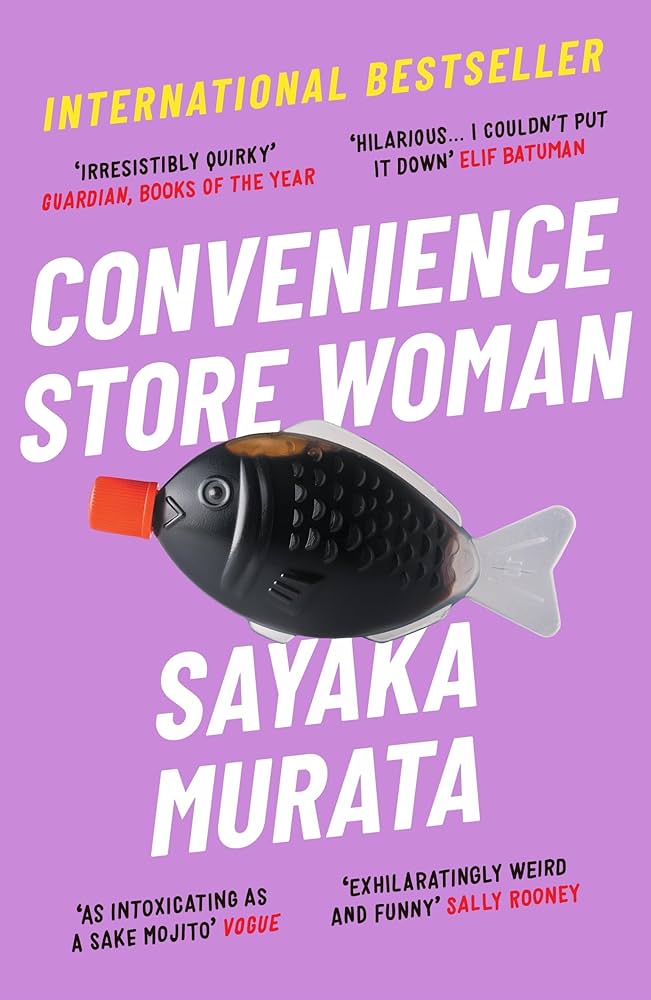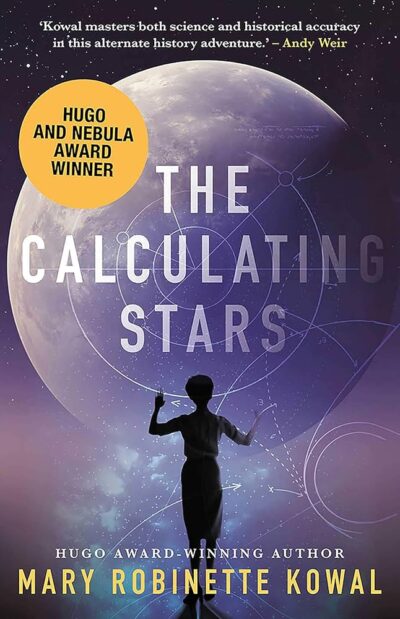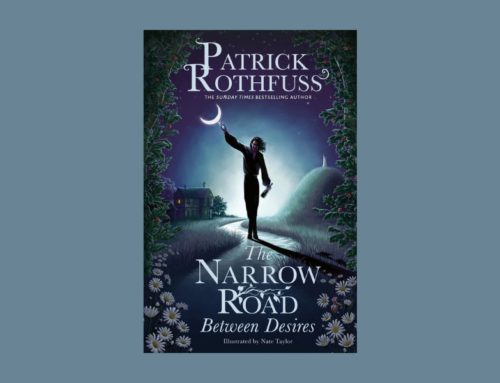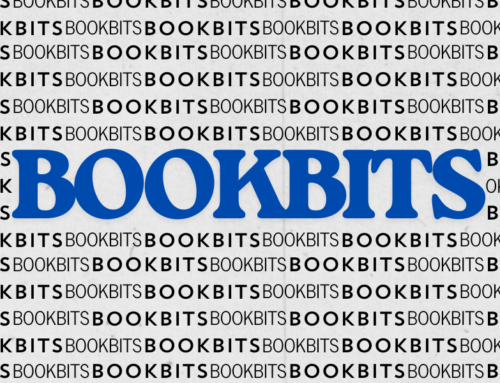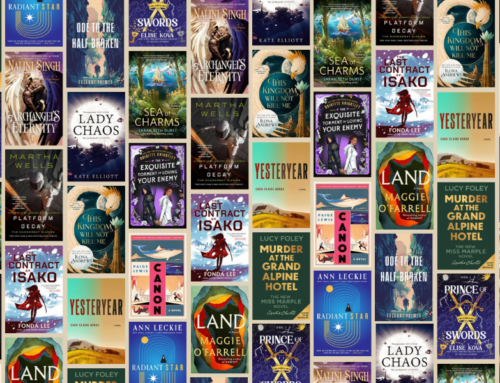April is Autism Acceptance Month! This is the perfect moment to highlight some fiction titles featuring neurodivergent characters and autistic authors. If you’re looking for some non-fiction books to better understand yourself, a loved one, or just learn more about autism, check out this blogpost.
Dangerous Damsels series by India Holton
I will never stop raving about this fantastical (and fantastic) historical romance series. It’s set in a world where women are magic-users, and either are pirates or thieves.
The author has shared that she is autistic and it translates into wonderfully creative writing. The books are very humorous, witty and fast-paced. Most of the main characters in this series are neurodivergent-coded, most explicitly so in the final book (The Secret Service of Tea and Treason).
The Mimicking of Known Successes by Malka Older
Main character Mossa is a detective on Jupiter, sent to look into a man’s disappearance. Her investigation reunites her with Pleiti, a former college friend… who might have been a little bit more than that. What follows is a short but immersive steampunk-y noir sprinkled with cozy academia vibes, companionship, and snacks. The dynamic between Mossa and Pleiti – I don’t think either character is explicitly stated to be on the spectrum, which may not even be recognized as such in this alternate sci-fi world; but if you know, you know – makes this a delightful read for a rainy night in.
Iris wrote a book review on this title and you can read it here.
Life Hacks for A Little Alien by Alice Franklin
This book is about a young unnamed autistic teenager, who struggles to understand and relate to the world. When she hears about the Voynich manuscript (which also sent me down a hyperfixation rabbit-hole – it’s an illustrated, hand-written codex in an unknown language, dating back to the fifteenth century) while watching late-night television, she embarks on a journey to find it, convinced it holds the answers she needs. Narrated in second person, it highlights how people on the spectrum observe the world and are uncertain of how to interpret it.
It’s a love letter to being different, and doesn’t everyone need to hear that?
All Systems Red by Martha Wells
Comparing autistic people to robots is, in general, bad form – but Murderbot is different. Preferred pronouns it/its, this android (part mechanical, part biological) has managed to hack its way to autonomy. Away from the control of the corporate security firm that owns it, it uses this newfound freedom to… watch soap operas. Alone. Which is infinitely preferable over spending time with the humans it’s charged to protect, because those are prone to horribly inconvenient and wildly illogical things such as Talking, Touching and Having Emotions. You can probably see why this series is so popular under neurodivergent readers.
You can also read a book review of System Collapse, the seventh title in this delightful series, by Sophie.
Convenience Store Woman by Sayaka Murata
Keiko is a 36 year old woman, who has worked at a convenience store for eighteen years. She loves her job and is very good at it. Society, however, has determined that she’s too old to be working there and must find a socially acceptable job and a husband (which she has no interest in, so this book also works for Asexual Awareness month! Jackpot!). Working at the convenience store comes with a manual, unlike life, which is why Keiko thrives there. She doesn’t have to worry about what to do, what to say, how to behave. It’s not explicitly stated, but Keiko definitely reads like she’s on the spectrum.
This is a little novel with some deadpan humor, filled with social commentary and an exploration of what it means to be a woman, and an autistic one at that.
The Calculating Stars by Mary Robinette Kowal
A huge meteorite has just struck Earth, which will soon become uninhabitable. Humanity needs to get out ASAP, but there’s one problem: it’s 1952 and space travel doesn’t yet exist. The space program kicks into overdrive and main character Elma York is one of the women employed as a calculator. But even in the face of impending planetary doom, women are not allowed into space. Again, I don’t believe any of the characters are specifically labelled as autistic or neurodivergent (possible due in part to those terms not being very widespread in the early fifties), but Elma and many of the other characters definitely have neurospicy tendencies.
Author Mary Robinette Kowal has shared online that she was late-diagnosed with ADHD.

